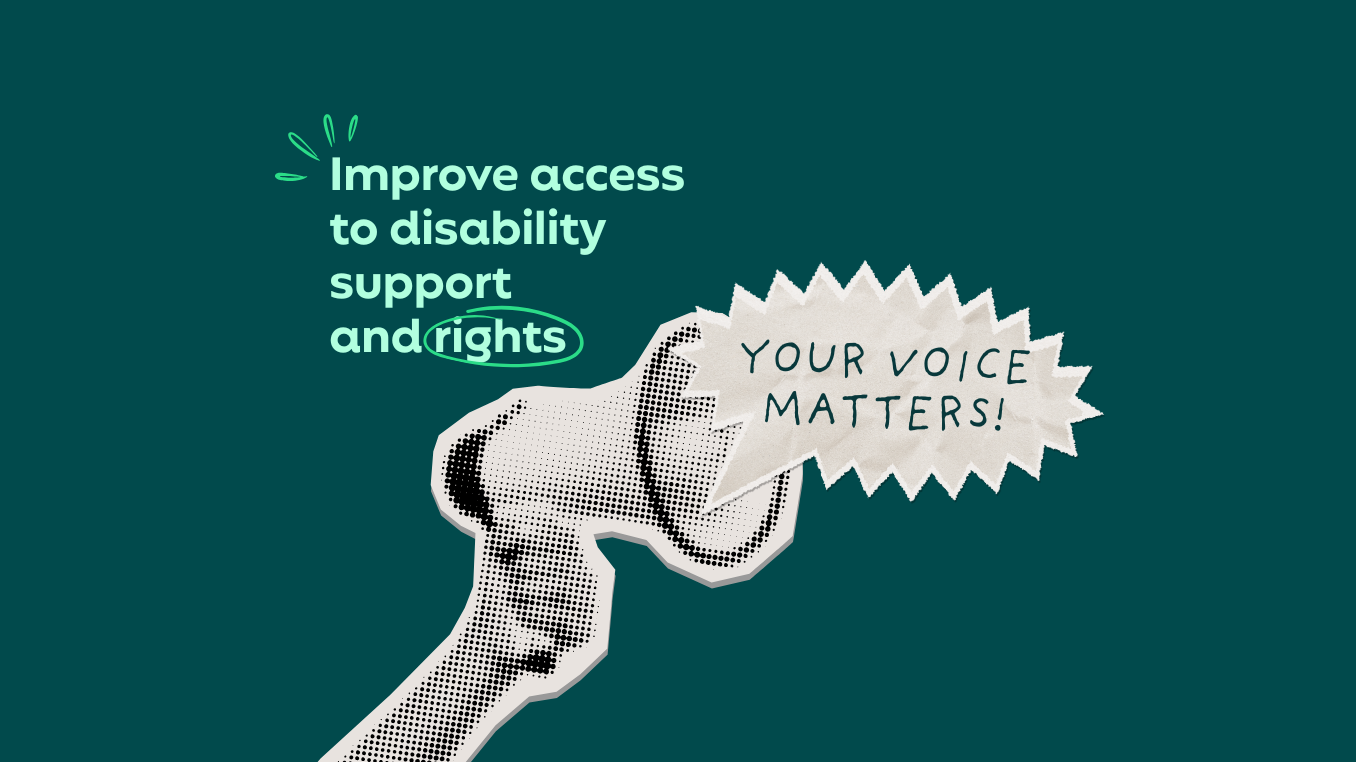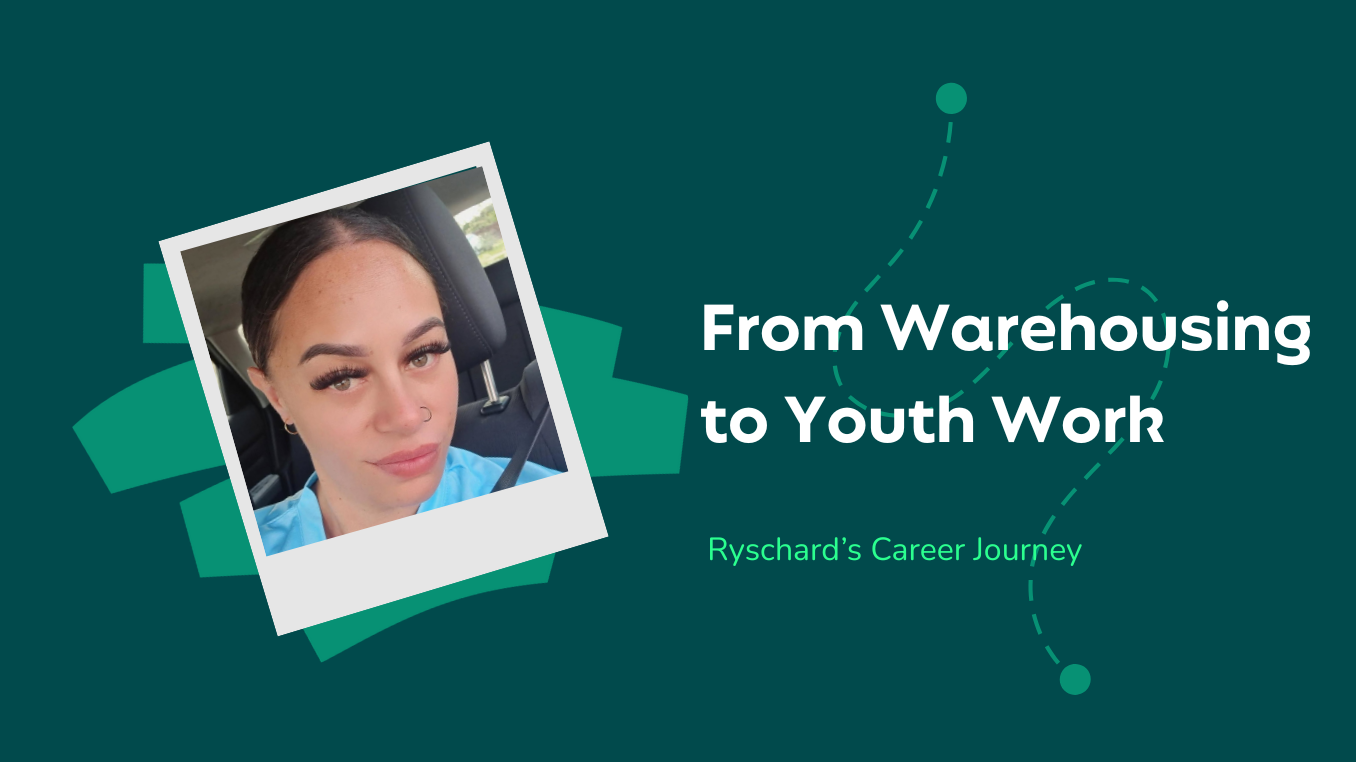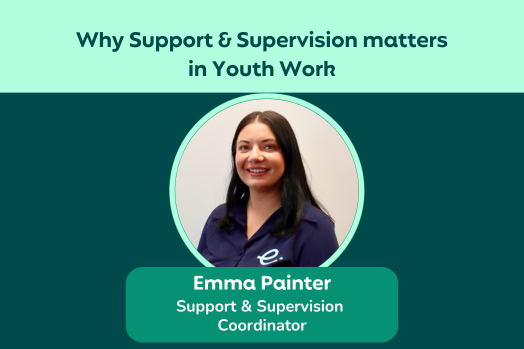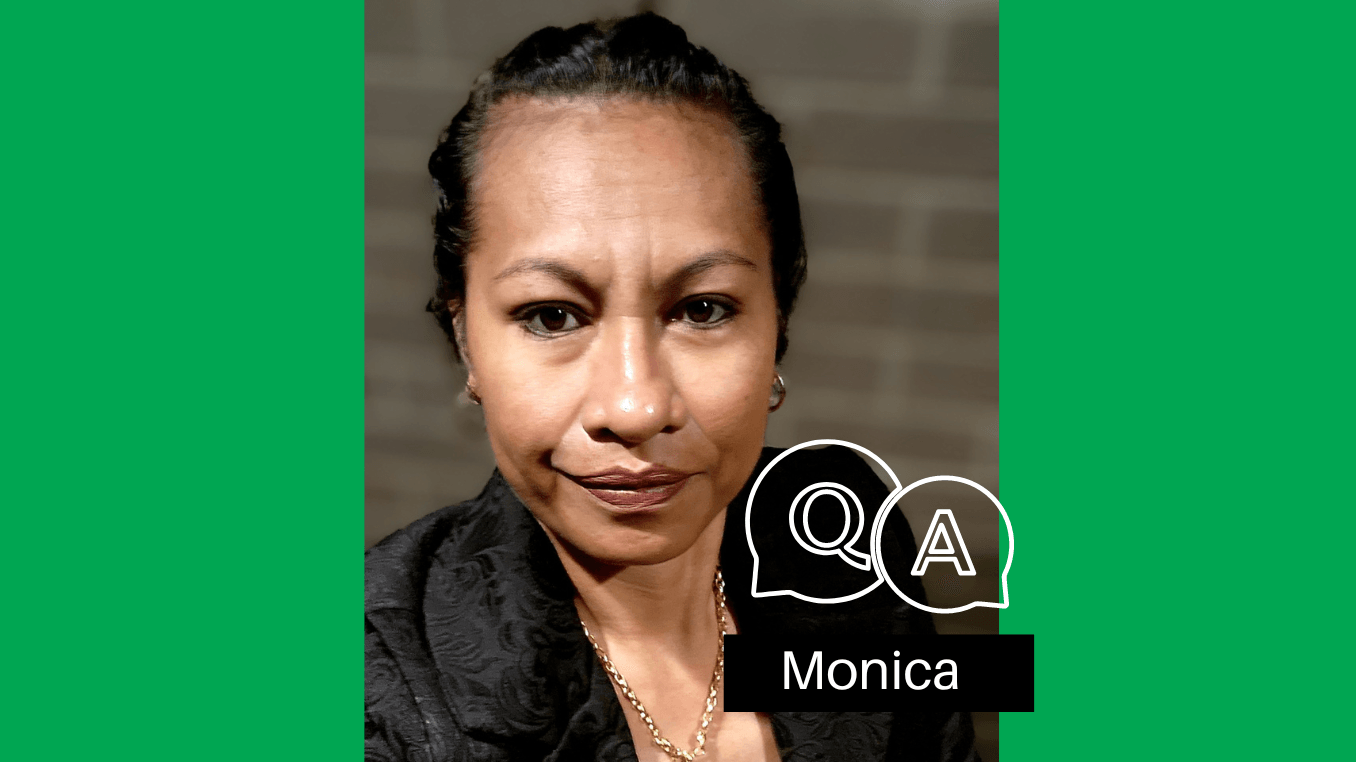How To Start a Journaling Practice
Learn About How This Powerful Self-Care Tool Could Help You
Journaling is a powerful tool that could be helpful for Disability Support Workers and Youth Workers to reflect on their experiences, process their emotions, and develop insights into their work. It's a form of self-care that could help you stay grounded, connected, and inspired. In this blog post, we'll explore the benefits of journaling, how to get started, and some resources to support your journaling practice.
What is Journaling?
Journaling is a writing practice that involves recording your thoughts, feelings, and experiences in a journal or notebook. It can take many forms, such as daily writing prompts, free writing, or reflection on specific events or issues. Journaling is a personal and creative process that allows you to explore their inner world and gain a deeper understanding of themselves and their work.
Benefits of Journaling
- Self-Awareness: Journaling can help you identify your strengths, weaknesses, and areas for growth. It can also help you gain clarity about your values, beliefs, and goals.
- Stress Reduction: Writing about your feelings and experiences can help you release tension and reduce stress. It can also help you gain perspective and find new solutions to problems.
- Creativity: Journaling can be a creative outlet that allows you to express yourself freely and experiment with new ideas and perspectives.
- Professional Development: Journaling can be a tool for professional development by helping you reflect on your work, learn from your experiences, and set goals for the future.
How to Get Started
- Find a Journal: Choose a journal or notebook that feels comfortable and inspiring. It could be a plain notebook or a more decorative one that reflects your personality or even an online journal.
- Choose a Time and Place: Choose a time and place where you feel relaxed and can focus on your writing. It could be in the morning, at night, or during your lunch.
- Start Writing: Start with a simple prompt, such as "Today, I feel..." or "One thing I learned today is..." Write for 5-10 minutes without editing or censoring yourself.
- Keep Going: Commit to writing regularly, even if it's just a few minutes a day. Set achievable goals and track your progress.
Resources for Journaling
The best thing about journaling is that it can be done anywhere, at any time and you need just a pen and paper to get started. However there are plenty of resources available from digital apps to free guides and resources to help guide you check out some resources below -
Penzu and Journey are both online journaling platform that allows you to write, store, and share your journal entries securely. These are just two of many that are available, have a look around and get one that suits your needs.
https://journey.cloud
The International Association for Journal Writing has lots of free tools and resources - https://iajw.org/free-journaling-resources/
Journaling can be a powerful tool for Youth and Disability Support Workers to develop self-awareness, reduce stress, and enhance their creativity and professional development. By following these tips and exploring the resources available, you can develop a journaling practice that supports your well-being and growth.
Edmen Community Staffing Solutions Blog

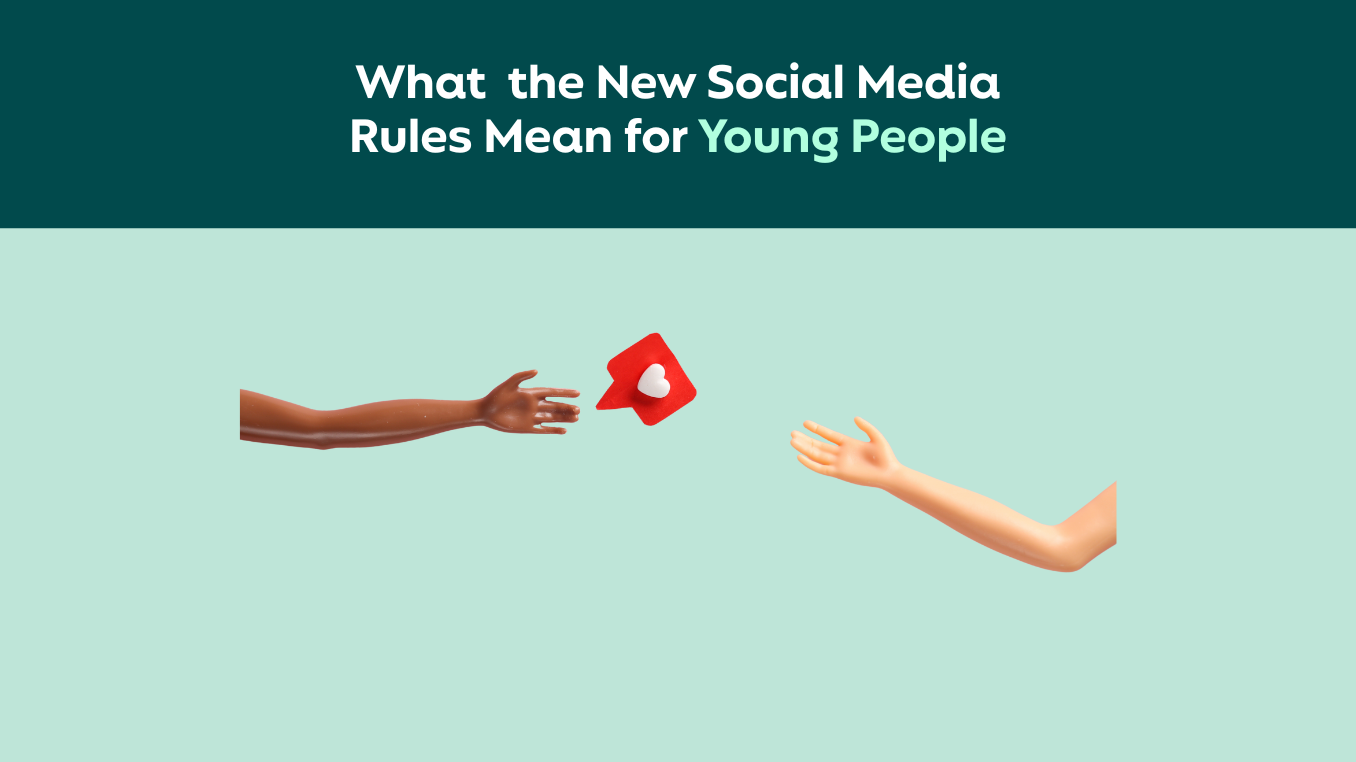
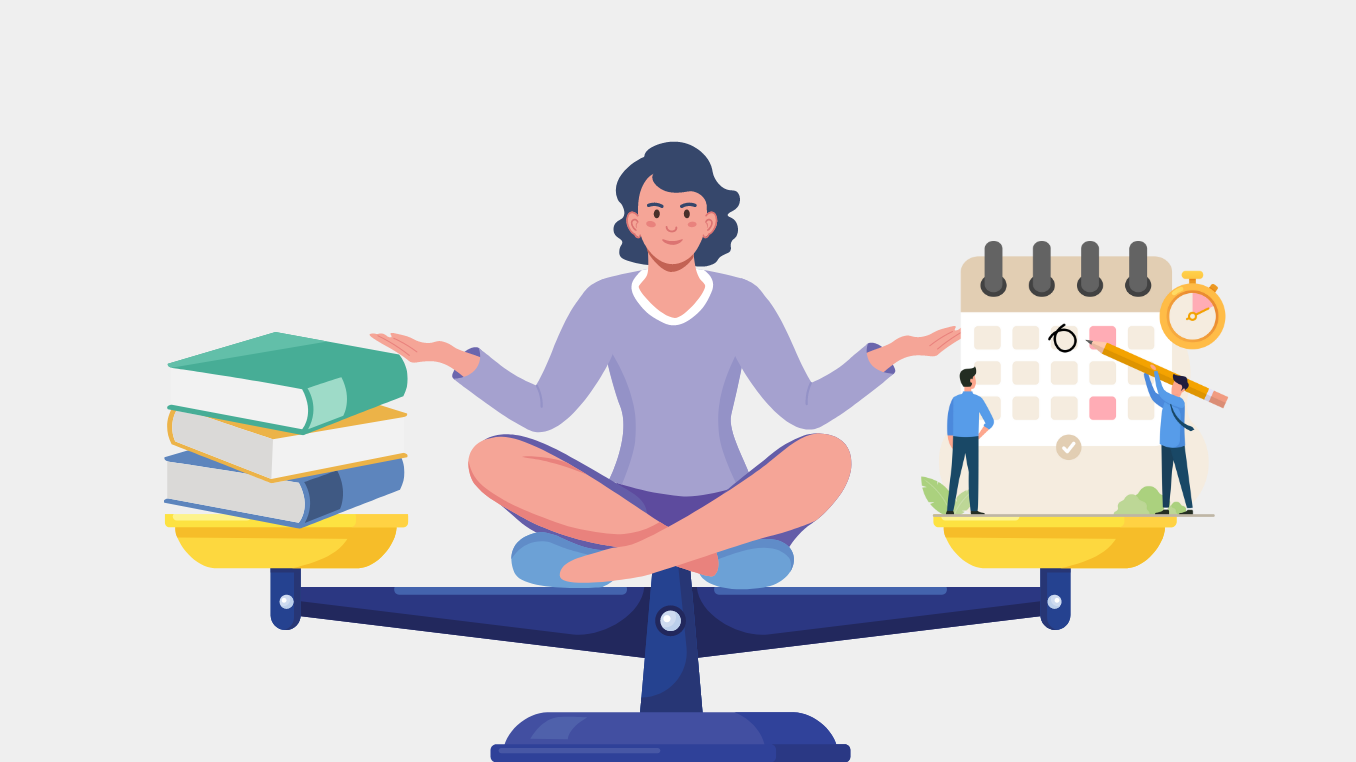
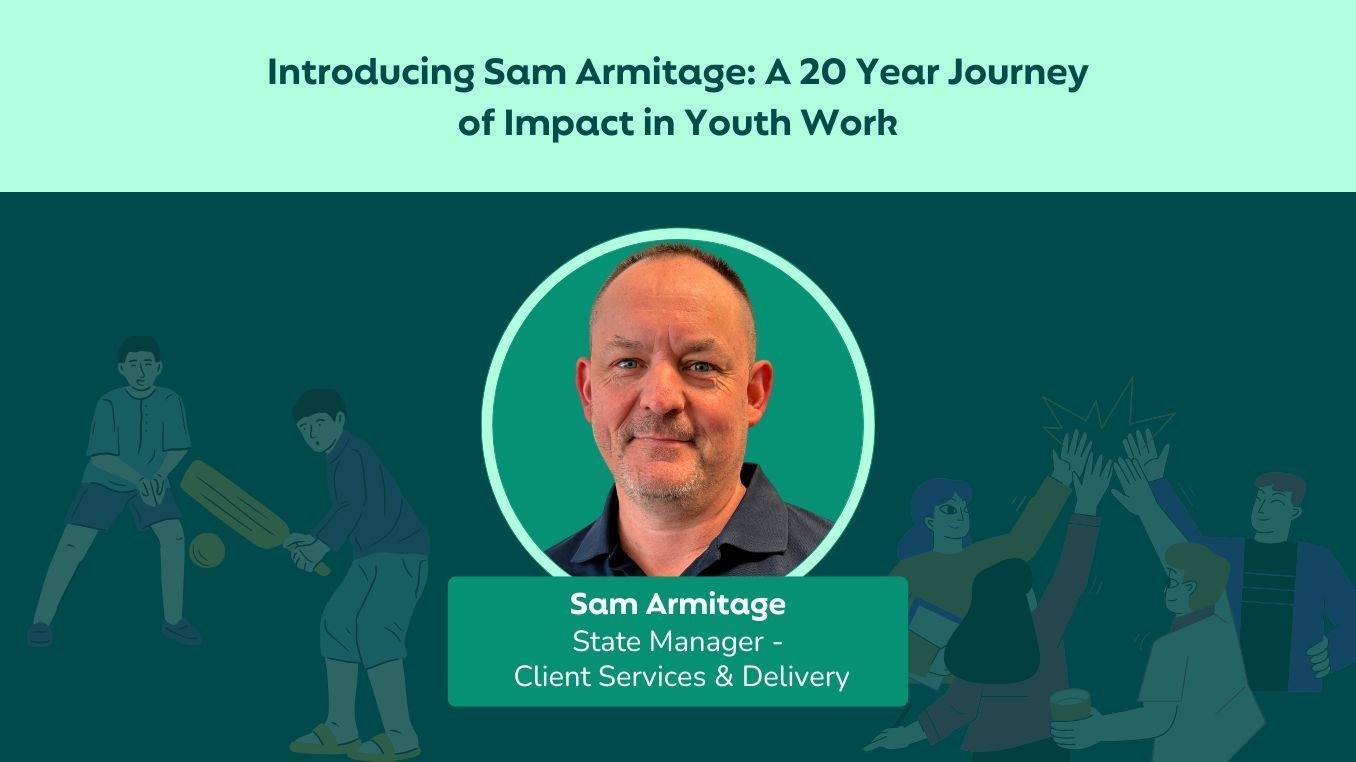

Edmen Community Staffing Solutions Blog


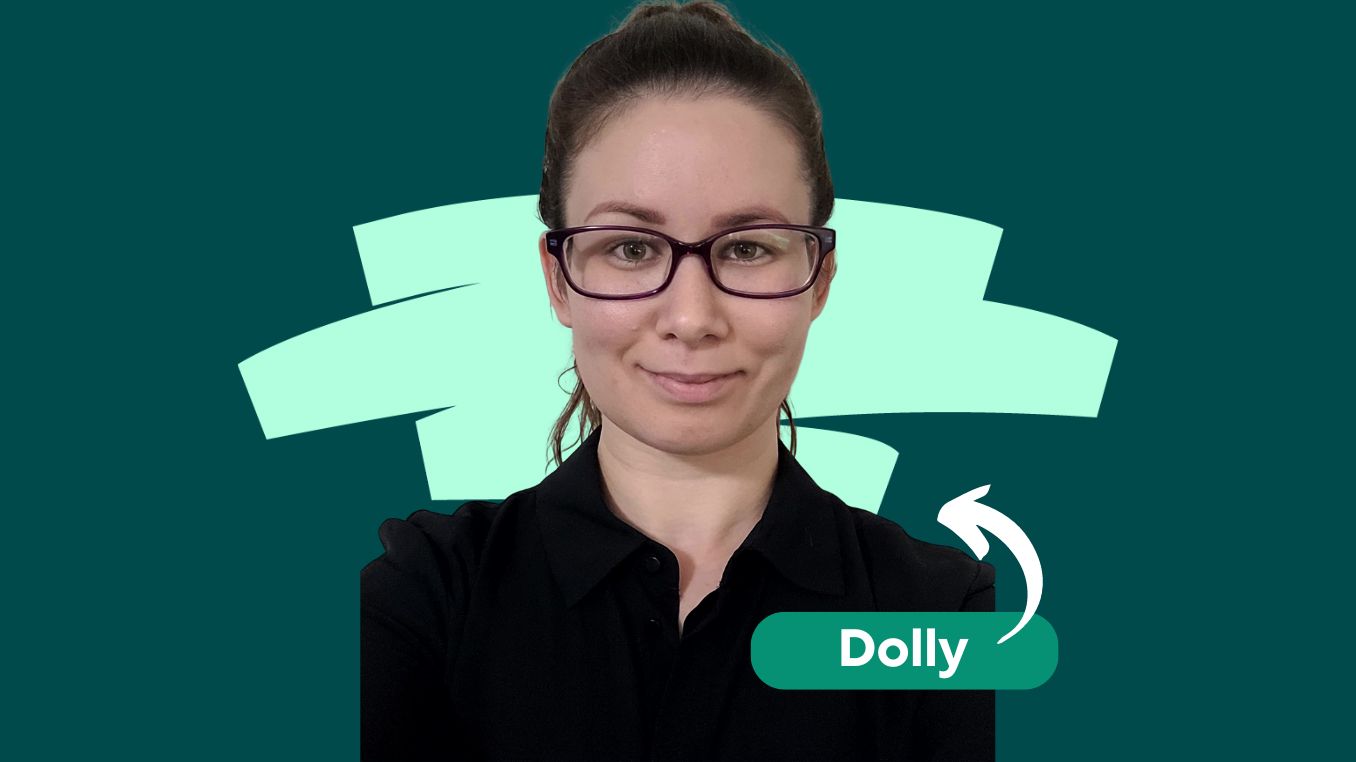


Edmen Community Staffing Solutions Blog







